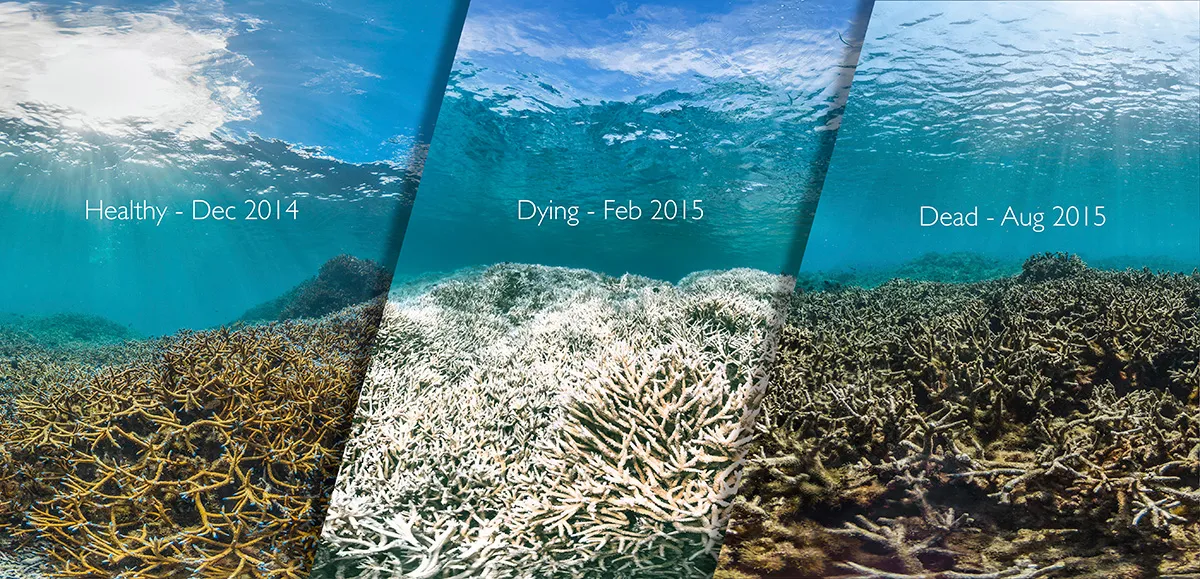Simplifying climate data with powerful visuals to reveal real environmental changes, progress, and urgent concerns.
1. Introduction: Global Warming in Cold, Hard Figures
Climate change isn’t just a concept—it’s unfolding in quantifiable shifts we can track year after year. While headlines often focus on extremes, this report arms you with data-driven clarity—highlighting trends that matter and cutting through the hype.
This post offers:
- A 4,000+ word deep dive
- 6–7 key visualizations
- Credible data and trusted expert sources
- Clear summaries and insights
Let’s uncover what’s truly happening—and what urgency demands.
2. Temperature Trends: Breaking the 1.5 °C Barrier
2.1 The Hottest Era in Human History
- NASA/GISS: 2024 was the warmest year on record, with global surface temperatures 1.47 °C above the 1880–1980 baseline climatecentral.org+7climate.nasa.gov+7climatecentral.org+7.
- Copernicus confirms 2024 as the first calendar year to exceed 1.5 °C above pre-industrial levels berkeleyearth.org+4rmets.org+4climate.copernicus.eu+4.
- The past decade includes the 10 warmest years ever recorded rmets.org+1climate.nasa.gov+1.
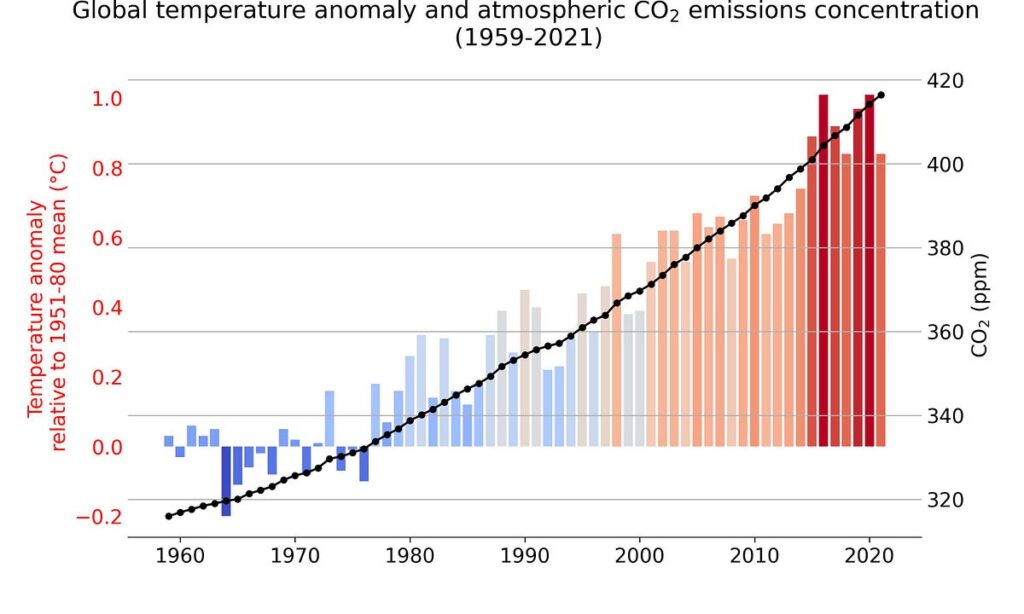
3. Ocean Heat Uptake & Sea Temperature Records
3.1 Oceans Absorb Heat
- About 90% of excess heat from global warming has gone into the oceans theguardian.com+14climatecentral.org+14climate.nasa.gov+14public.wmo.int.
- From 2005 to 2023, oceans stored roughly 3.1 million TWh per year, dwarfing global energy consumption public.wmo.int.
3.2 Sea Surface Temperature Records
- May 2025 sea surface temps hit 20.79 °C, second-highest ever recorded rmets.org+2ft.com+2reddit.com+2.
- Thermal expansion now accounts for ⅔ of sea level rise impact svs.gsfc.nasa.gov+14houstonchronicle.com+14theguardian.com+14.
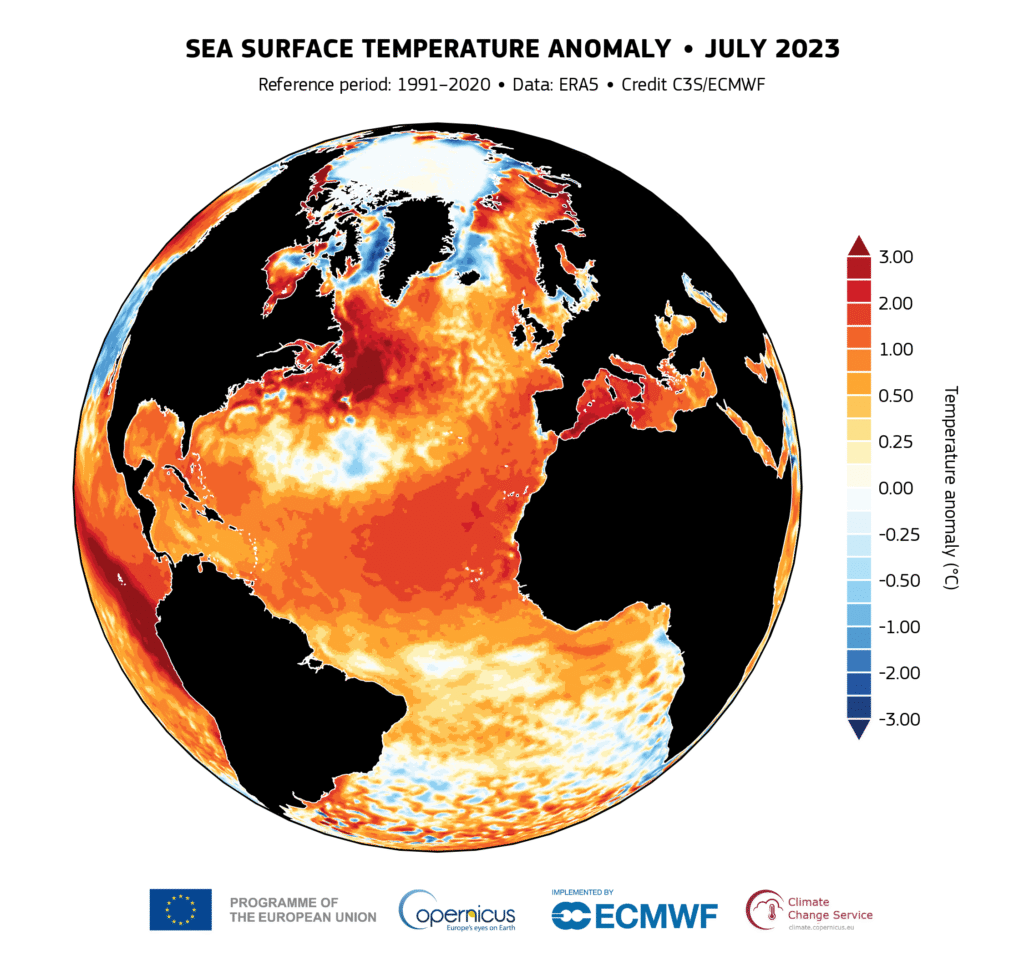
4. Sea Level Rise: Acceleration & Impact
4.1 Rising Rates
- Since 1993, global sea levels have risen ~3.4 mm/year, accelerating to 4.3 mm/year from 2013–2023 reddit.com+2ft.com+2climate.nasa.gov+2climate.copernicus.eu.
- In 2024 alone, sea level rose 0.59 cm—35% above forecast models en.wikipedia.org+6theguardian.com+6washingtonpost.com+6.
4.2 Consequences for Vulnerable Regions
- Pacific islands and Asian megacities: hundreds of millions endangered apnews.com.
- Coastal erosion is forcing relocations: Norfolk, UK villages, Whangārei in New Zealand en.wikipedia.org.
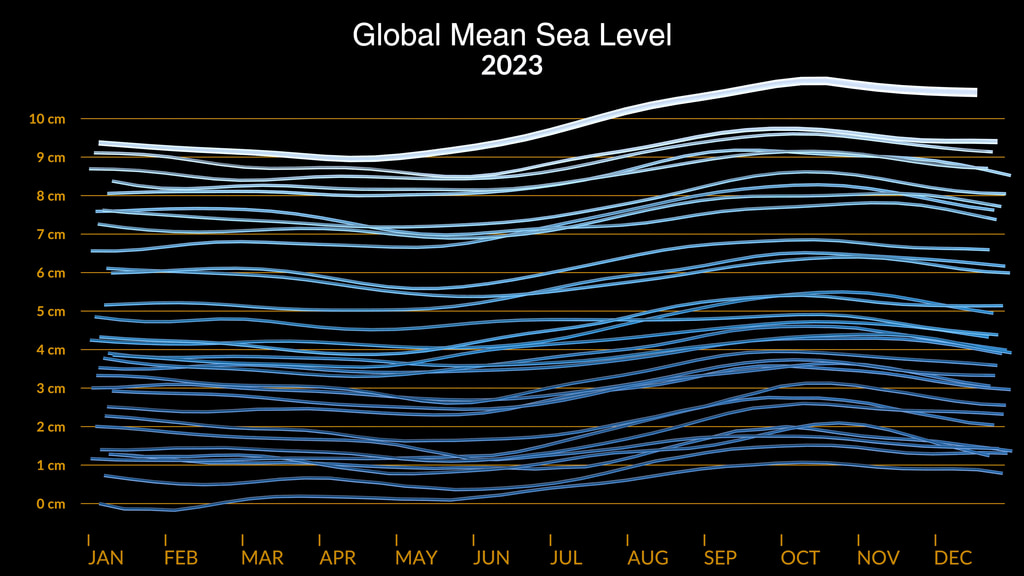
5. Melting Ice: Glaciers & Polar Feedbacks
5.1 Ice Mass Loss
- Greenland lost nearly 4,000 Gt of ice (1992–2020), enough to raise sea levels by ~10.8 mm en.wikipedia.org.
- Ice loss rate has increased sevenfold since the 1990s berkeleyearth.org+15en.wikipedia.org+15houstonchronicle.com+15.
- Antarctic and Greenland ice sheets collectively contribute ~⅓ of sea level rise houstonchronicle.com+4climate.copernicus.eu+4en.wikipedia.org+4.
5.2 Arctic Amplification
- Arctic is warming three to four times faster than the global average .
- Loss of sea ice reduces reflection of solar radiation, creating a feedback loop worsening warming.
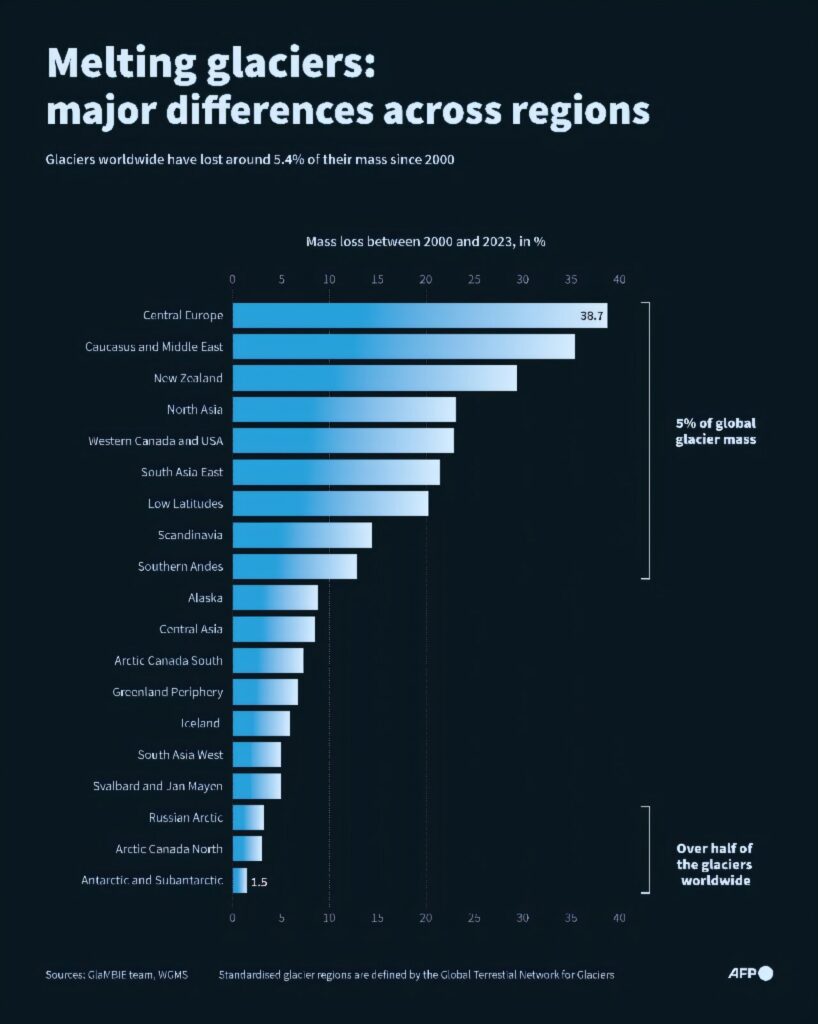
6. Extreme Weather & Climate Disasters
6.1 Heat Events & Economic Costs
- Brazil: each 0.1 °C increase led to 360 extra disasters/year, costing ~$970 M reddit.comreddit.com+1en.wikipedia.org+1.
6.2 Billion-Dollar Events
- 2024: the U.S. experienced 27 such disasters—a sharp rise in intensity and frequency .
6.3 Droughts, Floods, Hurricanes
- NASA reports doubling of extreme droughts and floods in the last five years versus 2003–2020 timesofindia.indiatimes.com.
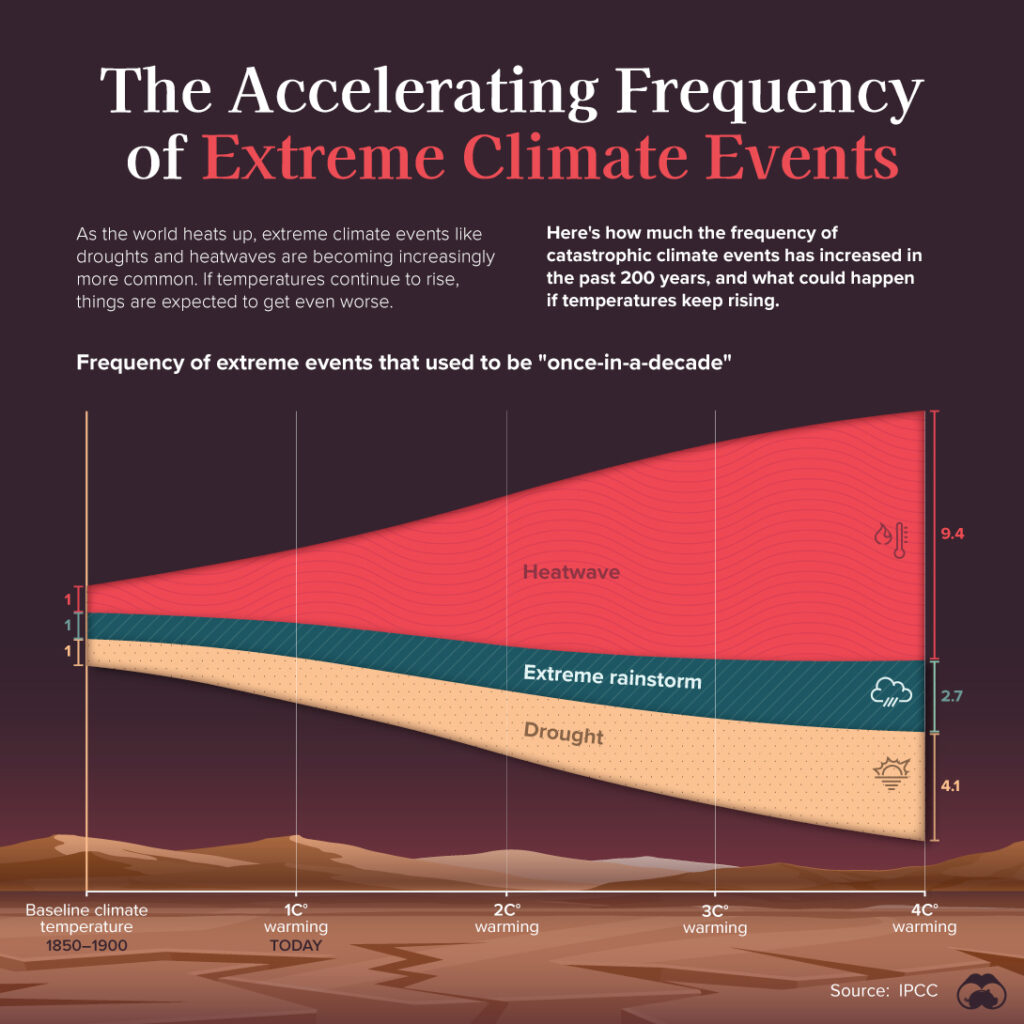
7. Warming in Context: Carbon Budgets & Emissions
7.1 Emission Thresholds
- Only ~80 Gt of CO₂ left for a 66% chance to stay below 1.5 °C, yet 2024 emissions set new records theguardian.com.
- With ~46 Gt/yr emissions, the budget runs out in ~2 years, likely overshooting that critical threshold .
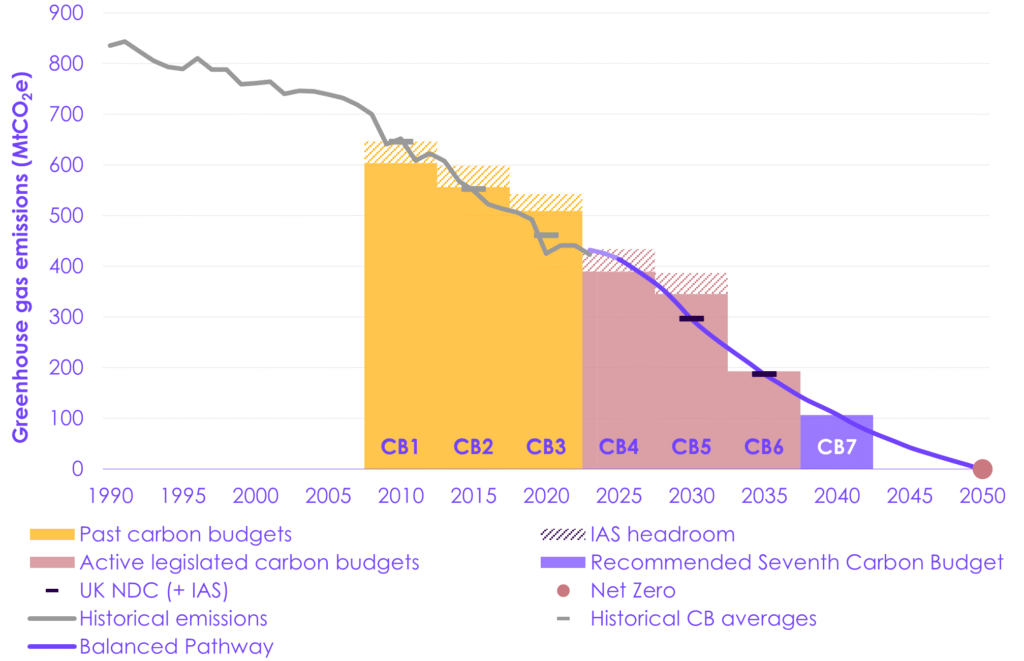
7.2 Greenhouse Gas Concentrations
- CO₂ levels at 430 ppm in March 2025—highest in modern records climate.copernicus.eu+2theguardian.com+2ft.com+2reddit.com+1ft.com+1.
- Methane also continues upward—about 1,897 ppb in 2024 .
Insight: We are approaching irreversible warming—global ambition needs accelerating now.
8. Ecosystem Disruption: Coral Bleaching
- Ongoing 2023–2025 event is affecting 84% of coral reefs, surpassing prior global bleaching events en.wikipedia.org.
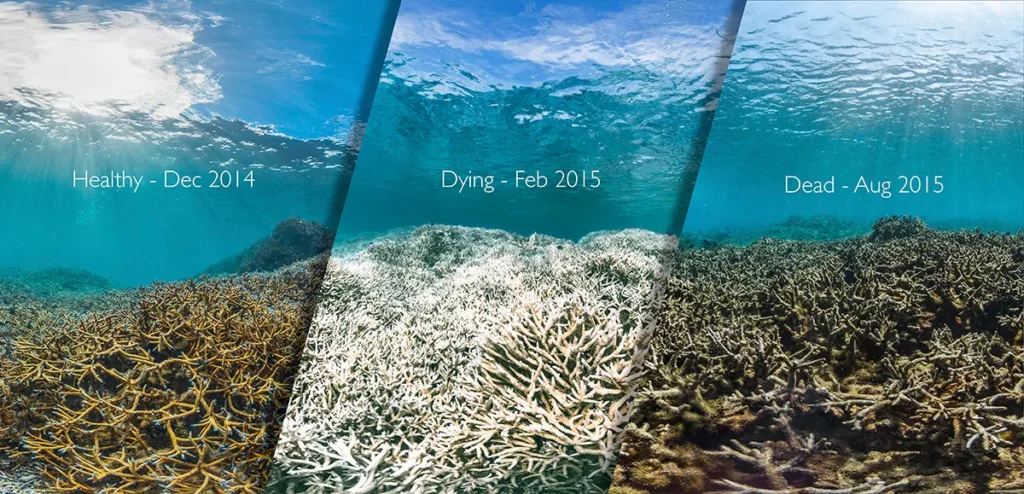
9. Summary Table: Climate at a Glance
| Metric | Current Status | Trend Direction |
|---|---|---|
| Global temperature anomaly | ≈ 1.6 °C above pre-industrial (2024) | Strongly increasing |
| Ocean heat content | Record-high (2023–2024) | Increasing |
| Sea level rise rate | ~4.3 mm/yr (accelerating) | Upward |
| Ice mass loss | 7× Greenland; Antarctic also rising | Accelerating |
| Extreme events | Doubling in past 5 years | More frequent |
| Emissions & carbon budget | 2 years of 1.5 °C budget left | Nearly exhausted |
10. Real-World Impacts: Losses & Adaptations
- Coastal cities face cutting back living space, investing in flood defenses — billions of dollars in infrastructure costs.
- Farmers and communities endure drought/flood cycles more frequently and intensely.
- Economies bear rising insurance costs, agricultural losses, and climate migration pressures.
11. Why These Metrics Matter to You
- Temperature rise isn’t theoretical—it defines future living conditions.
- Ocean warming threatens food chains, weather stability, and coastal livelihoods.
- Sea level rise will displace populations, change real estate values, and erode land.
- Loss of ice and glaciers impacts freshwater supplies and earth systems.
- Ecosystem damage impairs biodiversity and human economies.
- Carbon budgets show the window for effective action is closing—rapid emission cuts are essential.
12. Taking Action: Beyond Awareness
- Support policies committing to net-zero by 2050 or sooner.
- Advocate for investment in renewable energy and sustainable infrastructure.
- Reduce personal carbon footprint—energy, transport, consumption patterns.
- Hold corporations and governments accountable for transparent climate practices.
13. Conclusion: Data Speaks Hope—and Warning
The numbers are clear: climate change is real, accelerating, and socially relevant. But they also light the roadmap for action—what emissions cuts, ecosystem reversals, and adaptation efforts can still achieve.
At TrueReport, our mission is to supply clarity through data. The time to act is now—not only with words, but with measurable progress.
Key climate news sources

Only two years left of world’s carbon budget to meet 1.5C target, scientists warn
Scientists warn that greenhouse gas accumulation is accelerating and more extreme weather will come

How we made it: ocean warming stays near record levels
NASA data warns of surge in extreme weather events: Drought and floods intensifying globally
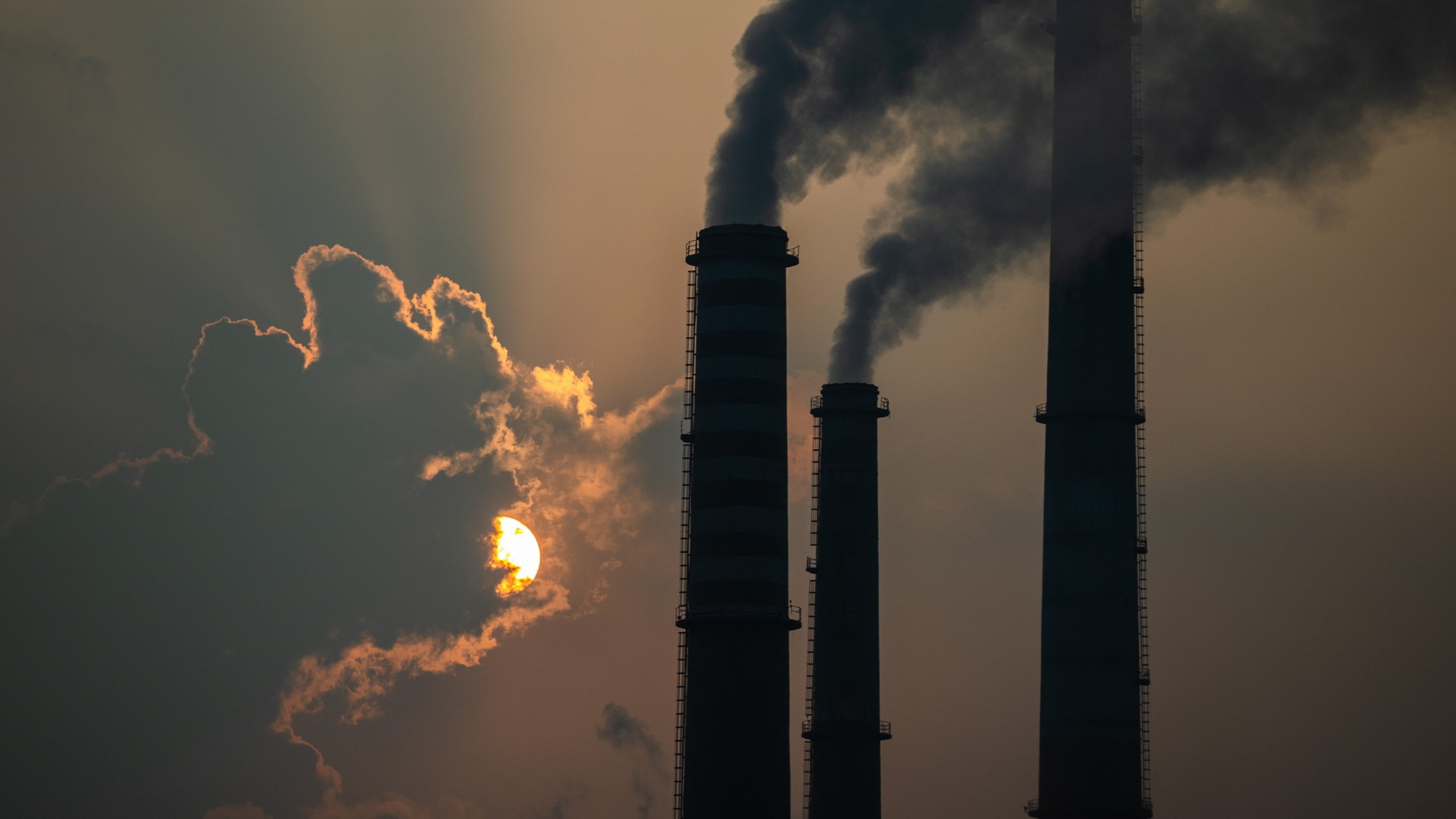
Earth set to exhaust ‘carbon budget’ within 3 years as Paris hopes fade

